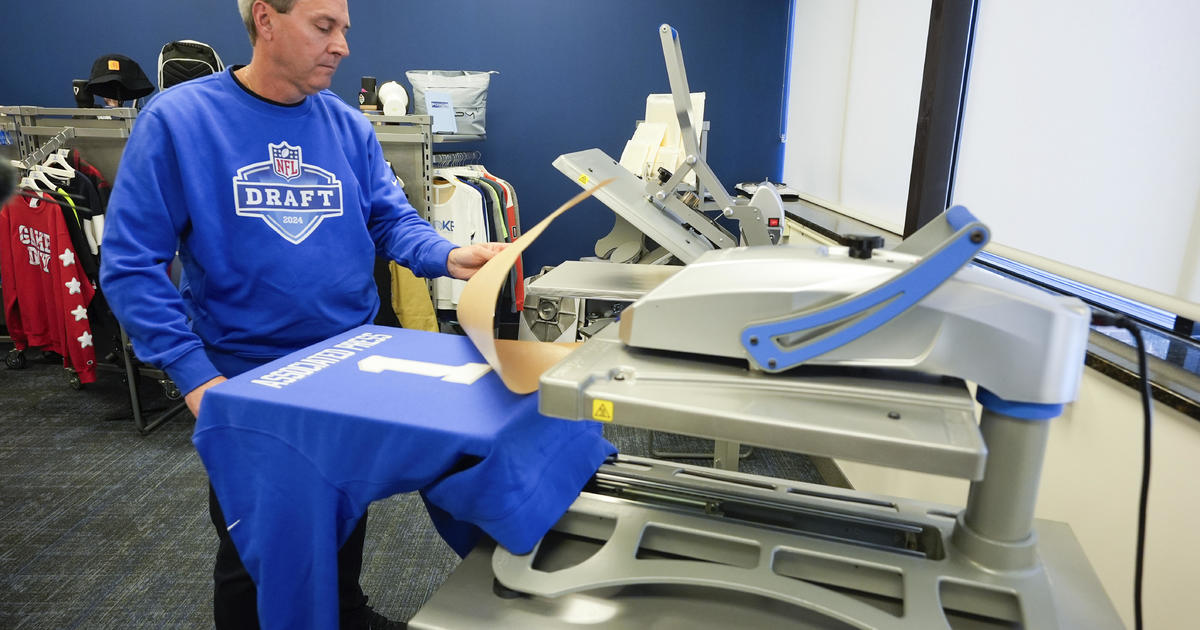UM Research Offers New Hints On Asthma Treatment
Work by University of Michigan researchers could explain why respiratory viruses like rhinovirus (a common cold virus) cause lower respiratory tract symptoms like cough, chest tightness and wheezing in patients with asthma but not in people without asthma.
In addition to providing a new paradigm to explain rhinovirus-induced asthma exacerbations, the work identifies new cellular and molecular targets for asthma therapy.
These findings appear in the Journal of Immunology and are part of ongoing research aimed at improving asthma treatment. Viral infections are the most common cause of asthma flare-ups, and rhinovirus is the most common virus involved. Asthma exacerbations are the most common cause of children's hospitalization in the United States.
The research was led by Marc Hershenson, M.D., Frederick G.L. Huetwell Professor of Pediatrics and Communicable Diseases, and Professor of Molecular and Integrative Physiology at the UM Medical School.
According to mice and cell culture models, airway macrophages (white blood cells) from mice with allergic airways disease are polarized in such a way that, when infected with rhinovirus, they make proteins that attract inflammatory cells to the airway. Cells from normal mice do not respond to rhinovirus infection in this way. Elimination of the macrophages blocked the response to rhinovirus.
This study used a mouse model with human rhinovirus infection. It is the first to show that rhinovirus infects inflammatory cells in addition to simply airway epithelial (lining) cells in live animals or humans.
"This research will help us identify new cells and molecules for drug targeting," Hershenson says. "There is currently no good treatment for virus-induced exacerbations."
Understanding of the biochemical pathways responsible for rhinovirus-induced cytokine expression in airway macrophages could lead to new treatments for asthma, Hershenson says.
In addition to Hershenson, co-authors are Deepti R. Nagarkar, Emily R. Bowman, Dina Schneider, Qiong Wang, Jee Shim, Ying Zhao, Marisa J. Linn, Christina L. McHenry, Babina Gosangi, J. Kelley Bentley, Wan C. Tsai, Umadevi S. Sajjan and Nicholas W. Lukacs.
This work was supported by National Institutes of Health Grants HL81420 and 82550.
(c) 2010, WWJ Newsradio 950. All rights reserved.



